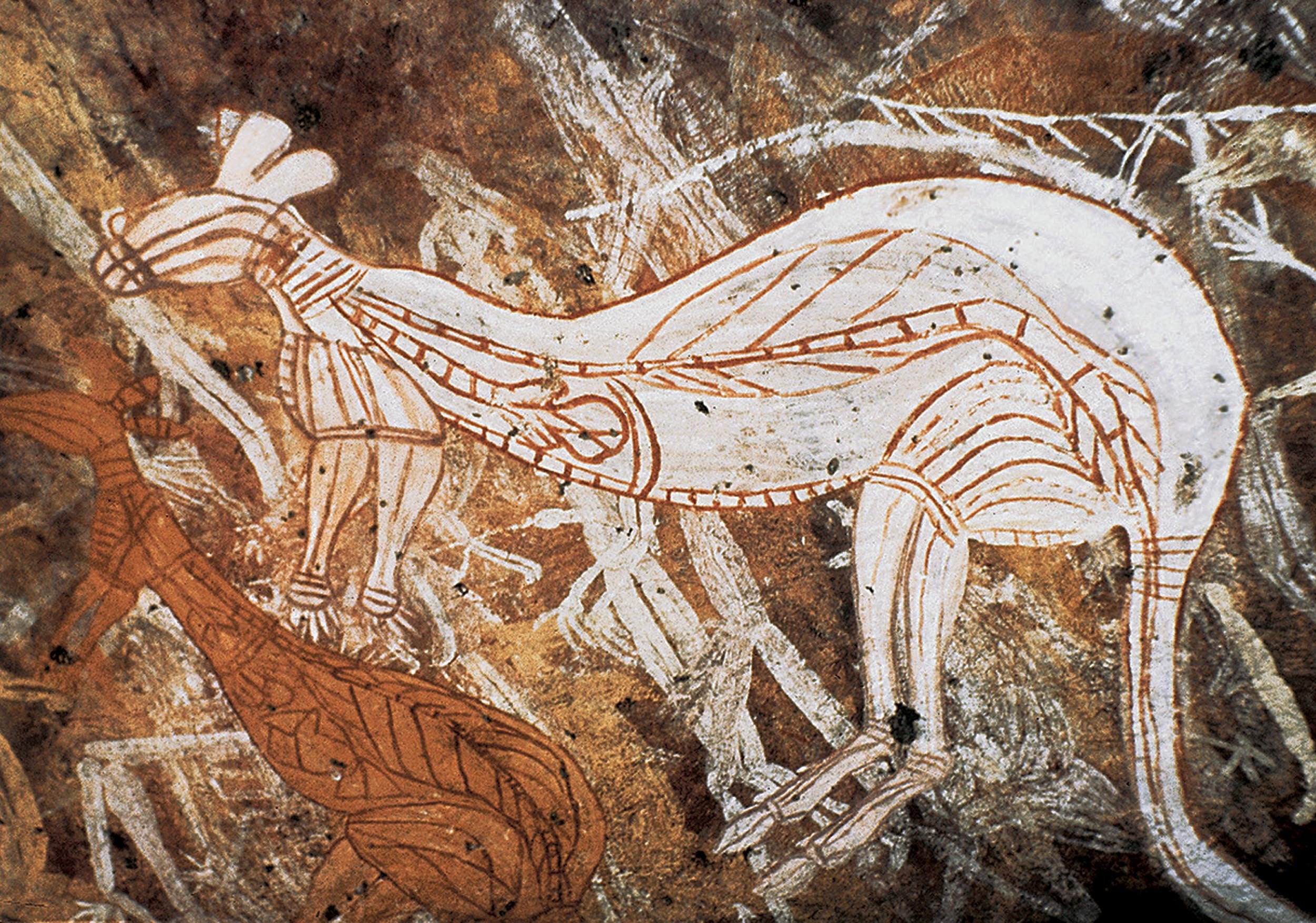
Indigenous
Traditions:
An Overview
Introduction
While diverse and particular to location, Indigenous traditions tend to teach that animals are kin and that all of nature is sacred and requires respect. In light of contemporary animal agriculture, to protect both animals and nature, this requires choosing vegan. Worldwide, indigenous sacred stories tend to present other animals as members of a larger community; many recall a time when there was no bloodshed. Nonetheless, some indigenous people continue to hunt and fish, even reviving old killing traditions that have been abandoned for decades. Fortunately, indigenous animal activists are working to protect and restore ancient, sacred, cross-species relationships, and a core, traditional ethic that forbids killing when there is no need to do so.
Texts & Teachings
Core Indigenous philosophies, values, and teachings require choosing vegan.
All life and the natural world are interconnected and sacred.
Living beings share commonality and sometimes morph across species.
All creatures are people—individuals with personalities.
Diet
Indigenous traditions generally present animals as individuals and as kin who are deserving of respect, which requires that those who have a choice choose vegan.
Indigenous traditions tend to teach respect for life, which requires choosing vegan on behalf of animals, people, and the planet.
Many people recall an ideal, long-ago time when there was no bloodshed.
Unnecessary killing is considered disrespectful.
Sacred Stories
Indigenous stories most often present animals as empowered and important people in the larger community of life.
Interconnection and morphing across species are common attributes in sacred stories of the Inuit (Northern N. America).
Recalling an ideal time without bloodshed is foundational to sacred stories among the Maori (New Zealand) and Cheyenne (Central N. America).
Indigenous stories frequently reveal the exceptional powers of animals: The Popol Vuh (Mayan, Central America and Mexico) tells that plants and animals helped create the human animal; stories of the Trio people ( Surinam and Brazil) tell how fellow animals teach humans how to live; Navajo (Mexico and Arizona) stories tell how animals saved everyone to survive a great flood.
Abusive Traditions
Activism
Exemplifying the values of bravery, persistence, and patience, some Indigenous peoples have become animal activists and work to protect their sacred kin.
Some elders strongly opposed those wishing to revive whaling traditions (Makah, NW Washington, U.S.).
Some elders seek to revive traditional ways that do not involve bloodshed (E. Washington, U.S.).
Relevant Publication by Tapestry:
AMORE
Vegan Ethics
A short description about the book, should take about two rows and not more.
